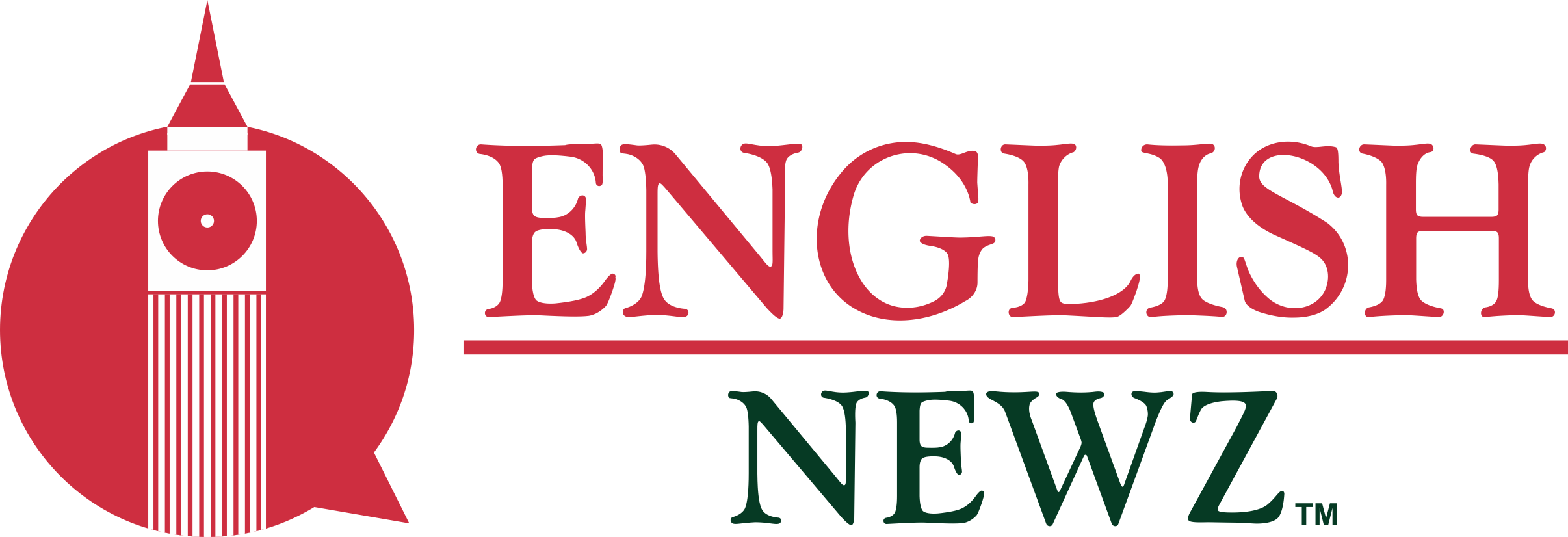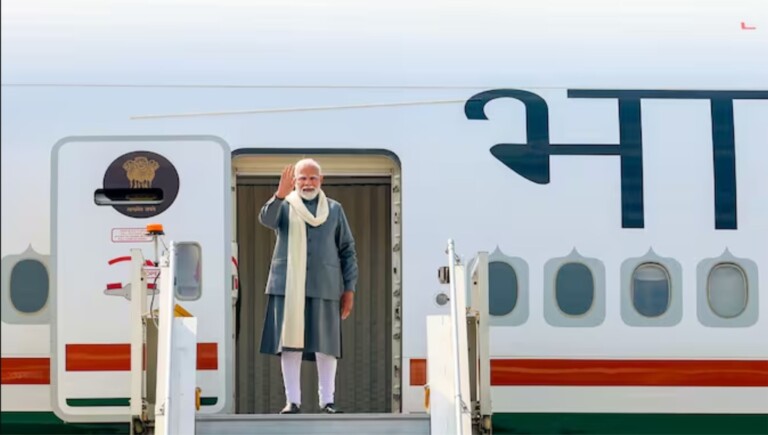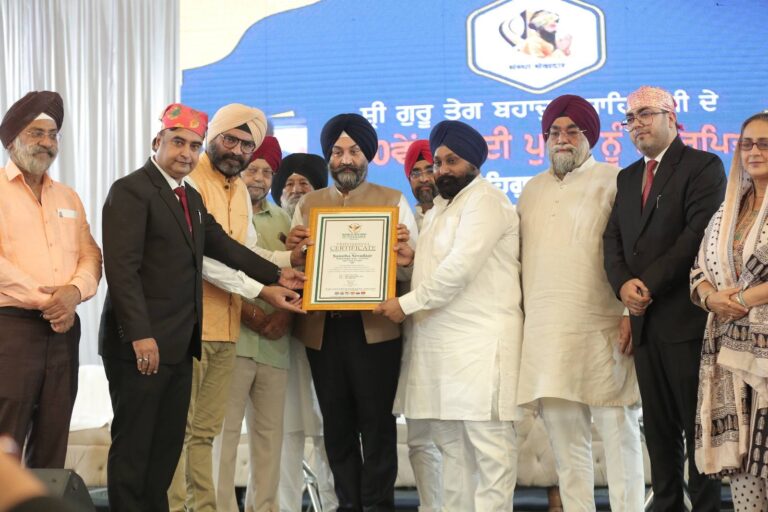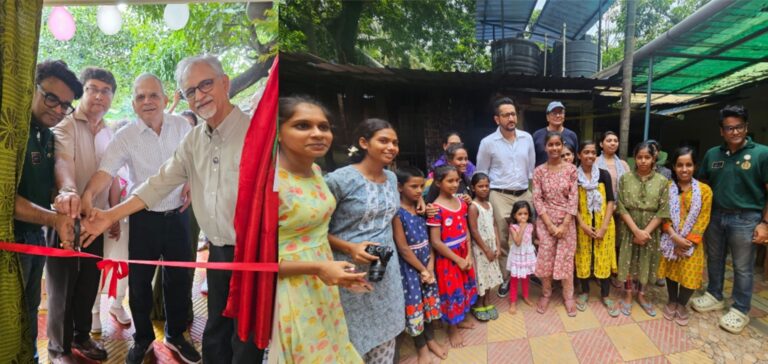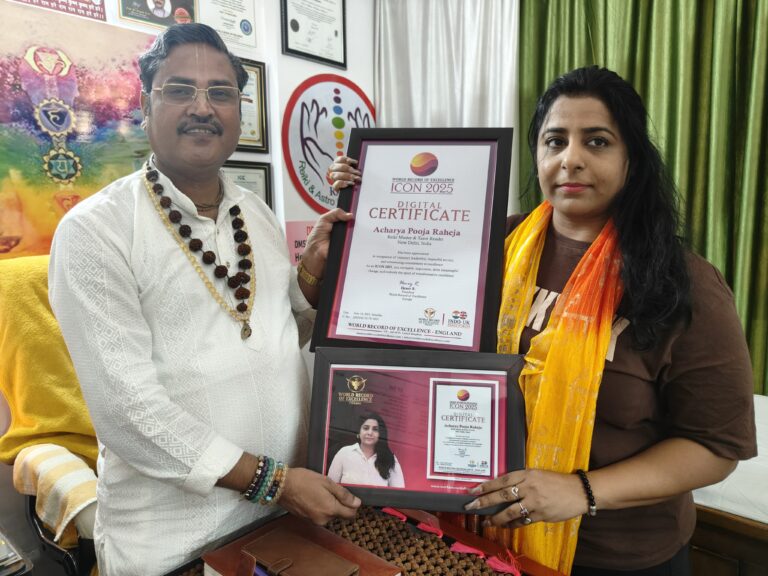
Some of Australia’s most prominent authors are among a group of more than 90 writers and literary supporters who have paid for every federal parliamentarian to receive a carefully curated package of books on the Middle East to expand their knowledge of the history of the conflict.
Each of the 227 MPs and senators is being given the same five books – nonfiction, fiction and reference works – as part of the campaign to encourage wider reading on the origins of the Middle East conflict among Australia’s political leaders.
Writers including Tim Winton, Charlotte Wood, Michelle de Kretser and JM Coetzee have backed the Summer Reading for MPs campaign which is appealing directly to parliamentarians to deepen their understanding of the complexity of relations in the region.
The selection has been endorsed by the Jewish Council of Australia and the Australian Palestine Advocacy Network.
They are: Balcony over Jerusalem, by journalist John Lyons; A Very Short History of the Israel-Palestine Conflict, by Jewish historian and political scientist Ilan Pappé; The Hundred Years’ War on Palestine, by Palestinian-American writer and historian Rashid Khalidi; Palestine A-Z, an alphabetised list of definitions and common terms by Irish writer Kate Thompson; and The Sunbird, a novella by Lebanese-Australian author Sara Haddad.
In a letter to MPs and senators, the group recommended the five “authoritative, highly readable books” to help address what they believed was a lack of nuance in public debate.
“The political debate in Australia and internationally rarely touches on the issues, events and historical analyses that these books reveal – despite their direct relevance to what is happening today,” the letter said.
“We’re not asking anyone to change their personal opinions or public positions. We just ask that politicians consider reading one or more of these books in the hope that they might inform and illuminate discussion on the ghastly situation we have been watching unfold across the Middle East.”
One of the campaign’s initiators, Melbourne architect Marcus O’Reilly, said he and others devised the project after becoming frustrated at the level of political debate being reflected in media reporting and the seemingly muted response from political leaders to events in Israel and Gaza and the wider region.
O’Reilly said much of what he was seeing reported of Australia’s debate didn’t match what he was reading in books.
“It just occurred to me that if people were reading some of these books, people’s responses might be amped up a bit more,” he said.
He said the campaign was not urging people to take any particular view – just to read more widely and think more deeply.
after newsletter promotion
“You can reach your own conclusion,” he said, of the books’ collective content. “They’re not pushing a particular direction and that was the whole idea.”
Another of the originators, publisher Aviva Tuffield, emphasised the importance of reading for driving empathy and understanding and “shifting hearts and minds”.
She said devising a reading list and providing the books seemed like the best way to encourage that.
“The summer is for reading,” she said. “There’s well-known summer reading lists like Obama’s, and the Grattan Institute’s. It might be good for politicians who aren’t engaged [on this issue] and only get the talking points to do some reading [of their own].”
Over the past fortnight, the campaign sought meetings with a cross-section of MPs and senators from all parties and the crossbench, hand-delivering the books with the letter to those who responded – in Melbourne last week and now in Canberra – and mailing them to the rest.
Tuffield said after meeting MPs from across the parliament that many had reported being cautious about raising the Middle East conflict in parliament. One regional MP said it was the issue that generated most correspondence from constituents. All, so far, had been receptive to receiving history books and literature as a measured way to learn more about the issues.
Other local authors backing the campaign include Kim Scott, Anna Funder, Nam Le, Chloe Hooper, Anita Heiss, Clare Wright, Hannah Kent, Josh Bornstein, Michael Robotham, Trent Dalton, Garry Disher, Rosie Batty and Pip Williams.
